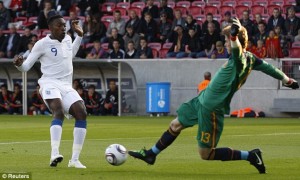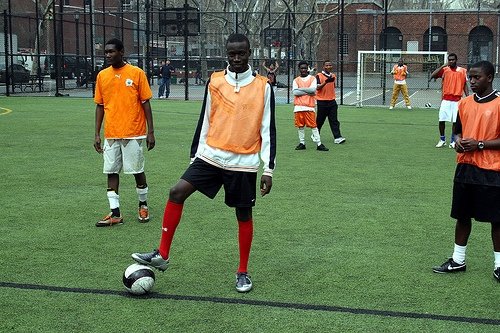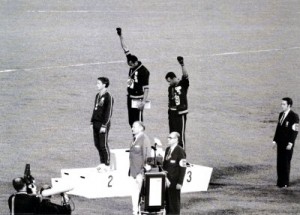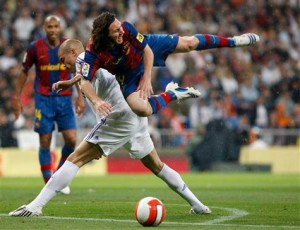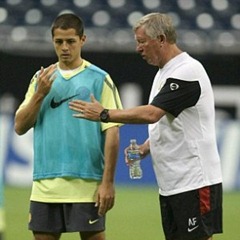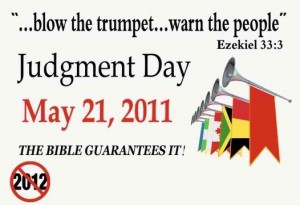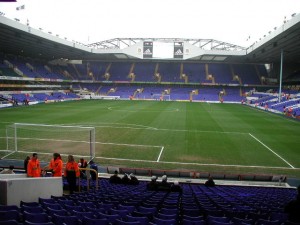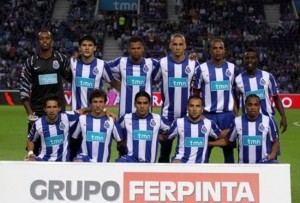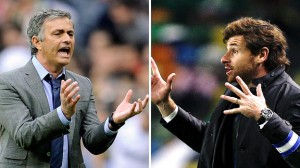
We’re nearing the end of the lull between the end of the European club season and the start of the major international tourney of this summer (Copa America, which starts a week from Friday)–but the three remaining competitions we’ve been tracking converge today, yielding up five matches to watch: the semifinal matches in both the UEFA U21 European Champions and the CONCACAF Gold Cup, and the 2nd leg of the Copa Libertadores final between Santos and Peñarol. Here’s today’s schedule:
All Times U.S. Eastern Daylight Time (UTC−4) (Local Times in parentheses)
UEFA U21 European Championships Semifinals (fixtures via here)
| 22 June 2011 12:00 (18:00) |
Spain |
Semi-final 2 12:00 (18:00) |
Viborg Stadion, Viborg Referee: Markus Strömbergsson (Sweden) |
|
|---|---|---|---|---|
| Preview |
| 22 June 2011 15:00 (21:00) |
Switzerland |
Semi-final 1 15:00 (21:00) |
Herning Stadium, Herning Referee: Robert Schörgenhofer (Austria) |
|---|
(Both these matches will be broadcast live in the US on ESPN Deportes and also available for streaming on ESPN3.com.)
Spain is the clear favorite and the team to watch (in order to see young Spanish stars like Javi Martínez (Athletic Bilbao); Juan Mata (Valencia); Adrián López (Deportivo La Coruña); and the Barcelona trio of Jeffrén, Bojan Krkić, and Thiago Alcântara (although looks Barcelona is selling Bojan to AS Roma, and both Jeffrén and Thiago have been mentioned in transfer rumors as well).
In any case, it should be a cakewalk for Spain today against surprise qualifiers Belarus (who advanced out of Group A ahead of Iceland and hosts Denmark based on goal difference). We don’t know much about the Swiss or Czech squads, but the names that came up on “players to watch” lists and tournament previews were Czech strikers Libor Kozák (Lazio) and Tomas Pekhart (Slavia Prague; previously with Tottenham Hotspur), and Swiss(-Albanian/Yugoslav) midfielder Xherdan Shaqiri (FC Basel).
CONCACAF Gold Cup Semifinals (fixtures via here):
| June 22, 2011 19:00 (18:00 UTC−5) |
United States |
v | Reliant Stadium, Houston | |
|---|---|---|---|---|
| June 22, 2011 22:00 (21:00 UTC−5) |
Honduras |
v | Reliant Stadium, Houston |
|---|
(The USA-Panama game will be shown live on FSC; both games will be on Univision and available for streaming on UnivisionFutbol.com.)
The USMNT seemed to finally get its act together on Sunday, defeating Jamaica 2-0 in the quarterfinals, following decidedly lackluster performances in the group stage: close wins against Canada and Guadeloupe on either side of a shock loss to Panama. Let’s see if Bob Bradley can get his tactics right and his players motivated to beat Panama this time around–and hang on to his job at least a little longer.
In the other semi, Honduras squeaked by Costa Rica on PKs last Saturday at the New Meadowlands, while Mexico surprisingly needed two second half goals to get by Guatemala. Prior to that, though, Mexico had been blowing the competition out of the water, and that could likely happen again tonight in Houston.
Copa Libertadore Final – Second leg (fixture via here)
| June 22, 2011 20:50 (21:50 UTC−3) |
Santos |
v | Estádio Paulo Machado de Carvalho (Pacaembu), São Paulo Referee: Sergio Pezzota (Argentina) |
|---|
(This match will be shown live on Fox Deportes.)
We watched the first leg match in Montevideo last Wednesday (after following our friend’s journey back to Montevideo over the preceding two days). Even though it ended as a scoreless draw, it was rather exciting and eventful, with missed chances for both sides. Here is Jonathan Wilson on that match (read the whole column for a typically Wilsonian detailed tactical analysis):

